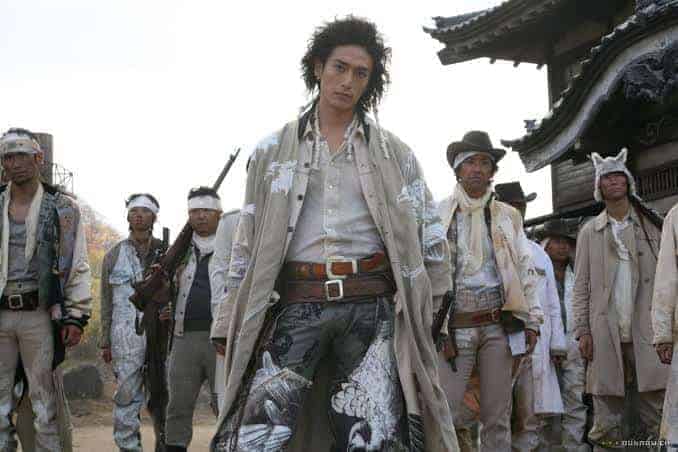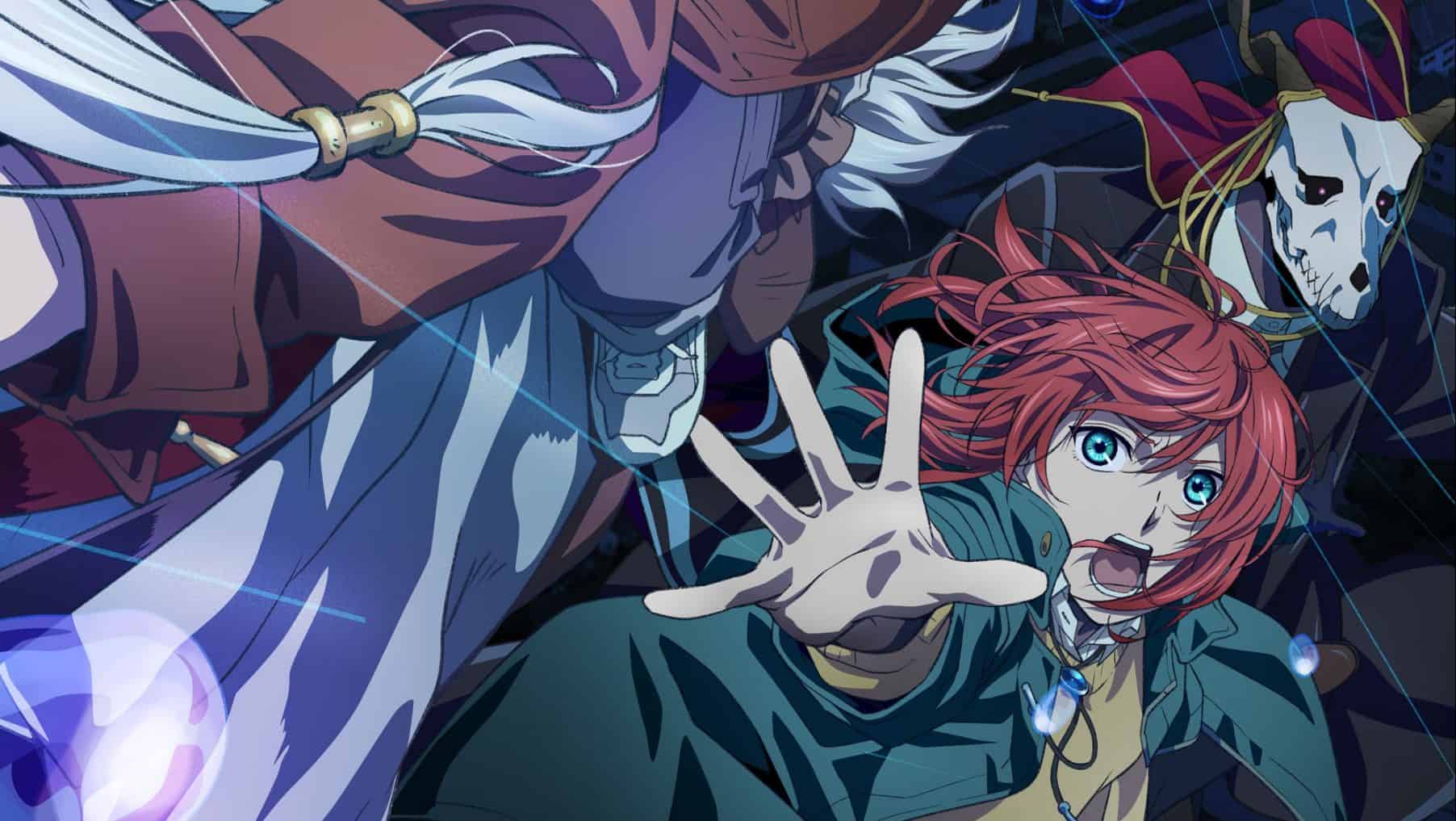Among the many films produced and distributed by Art Theatre Guild, the body of work of director Kazuo Kuroki remains one of the most interesting. While it never reached the same kind of attention than the features of his peers such as Nagisa Oshima and Akio Jissoji, his projects dealing with the psychological landscape of Japan after the bombing of Hiroshima and Nagasaki are some of the best the company ever produced. Similar to the aforementioned directors, his time of ATG was also defined by stories which involved a critical view on Japanese society, especially the relation of people and authority, of crime and police, which is quite evident in his 1970 feature “Evil Spirits of Japan”.
The story revolves around two men: a yakuza named Murase and a policeman by the name of Ochiai (both played by Kei Sato). As the latter is sent by his superiors to support the local authorities investigating a possible gang war, he encounters the gangster by chance. Because his girlfriend has confused him with Murase, the yakuza confronts his doppelganger. However, instead of starting a fight or killing one another, after a brief chat, they decide to switch places. While Ochiai engages in the inner circles of both families, learning about their structure and their firepower, Murase starts a very different investigation into a series of murders by a left-wing group.
On the surface, “Evil Spirits of Japan” reads just like many yakuza movies of the time. However, similar to his contemporary Seijun Suzuki, Kazuo Kuroki attempts to undermine the genre conventions, using them as a mere platform to discuss and present observations on Japanese society. Kei Sato plays the two main characters seemingly identical, making it difficult to tell them apart if it wasn't for the different clothing. Their playful encounter at the beginning is one of many anti-climatic moments which is highlighted by Sato's understated performance, further stressing the idea of cop and gangster being interchangeable. While this approach has its downfalls, the creative ways Kuroki employs to make this story entertaining and often quite relevant result in some memorable scenes.
At the same time, there is an anti-social element within the feature as well. Apart from the aforementioned statement on authoritarian figures, there are some elements hinting at the idea of society crumbling. Yoshio Hayakawa's music, to name one example, seems to be much closer to what later would become punk, with songs combining popular themes as well as a certain anti-establishment stance. The unorthodox approach to storytelling and the design of the characters mirror the style of the 1960s, searching for new forms while suspending traditions and conventions.
In conclusion, “Evil Spirits of Japan” is an unconventional yakuza movie as well as a typical feature of the anti-establishment movement of the 1960s. While it may not be as captivating as other ATG features, Kazuo Kuroki's works certainly has much going for it.
















